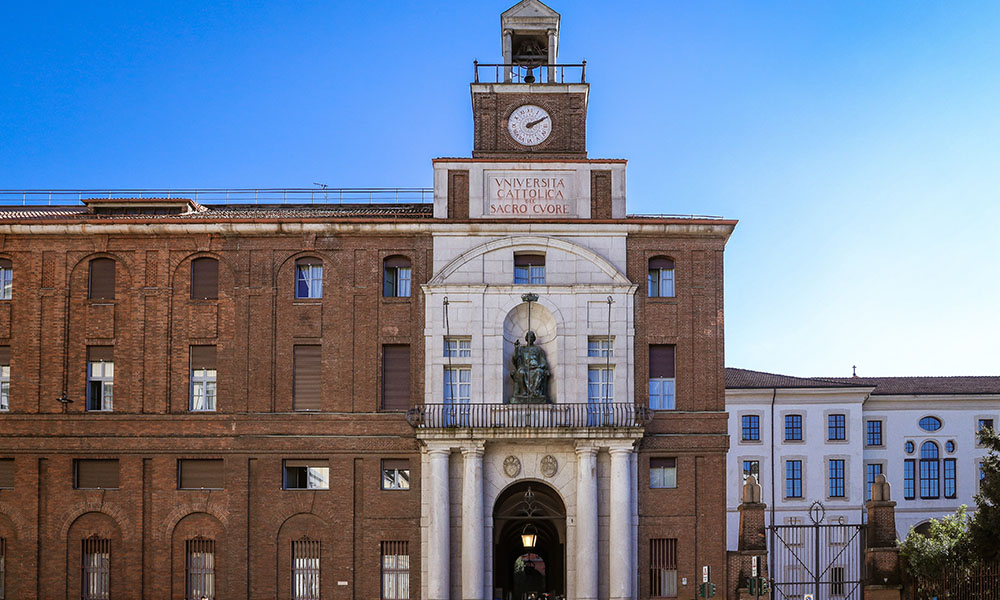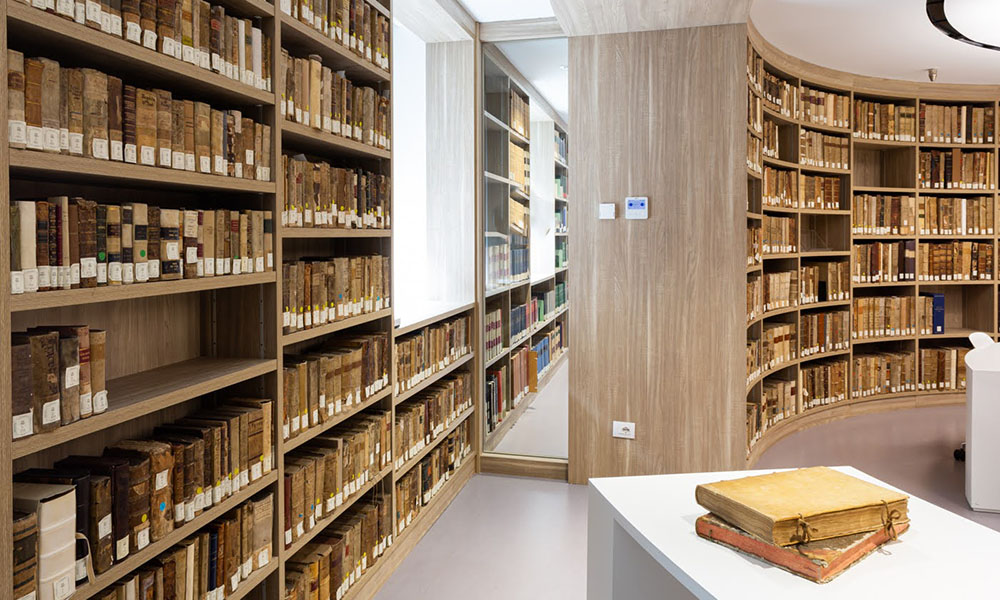Presentation
The Undergraduate Programme in Physiotherapy, starting from the teaching of basic biological, biomedical, biomechanical, kinesiological, neurophysiological and hygienic-preventive disciplines, introduces the student to the acquisition of scientific and methodological knowledge useful for learning techniques essential for the exercise of the profession of Physiotherapist which can be carried out independently or within teams in complex organizational contexts. The physiotherapist is the health professional who, independently or in collaboration with other health professionals, identifies and adopts the best strategies for the prevention, assessment, treatment, habilitation and rehabilitation of various systems in particular of the neuromusculoskeletal, sensory, cognitive, cardiorespiratory and visceral systems in relation to congenital or acquired pathologies in developmental age, in adulthood, in the elderly as well as in athletes (World Confederation for Physical Therapy, 2011).
Study Plans
The Undergraduate Programme in Physiotherapy, starting from the teaching of basic biological, biomedical, biomechanical, kinesiological, neurophysiological and hygienic-preventive disciplines, introduces the student to the acquisition of scientific and methodological knowledge useful for learning rehabilitation techniques and sensory and robotic stimulation technologies, essential for the exercise of the profession of Physiotherapist which can be carried out independently or within teams in complex organizational contexts. The physiotherapist is the health professional who, independently or in collaboration with other health professionals, identifies and adopts the best strategies for the prevention, assessment, treatment, habilitation and rehabilitation of various systems in particular of the neuromusculoskeletal, sensory, cognitive, cardiorespiratory and visceral systems in relation to congenital or acquired pathologies in developmental age, in adulthood, in the elderly as well as in athletes (World Confederation for Physical Therapy, 2011.
ECTS
To obtain the degree, 180 university credits (ECTS) are required; As a rule, 60 ECTS are acquired each year with assessment tests both for the courses and for the other supplementary forms of teaching. An equal number of ECTS is assigned to each course for all students; The grade (expressed in thirtieths) varies according to the student's level of preparation. The final grade, which includes the evaluation of the final exam, is expressed in one hundred and tenths.




